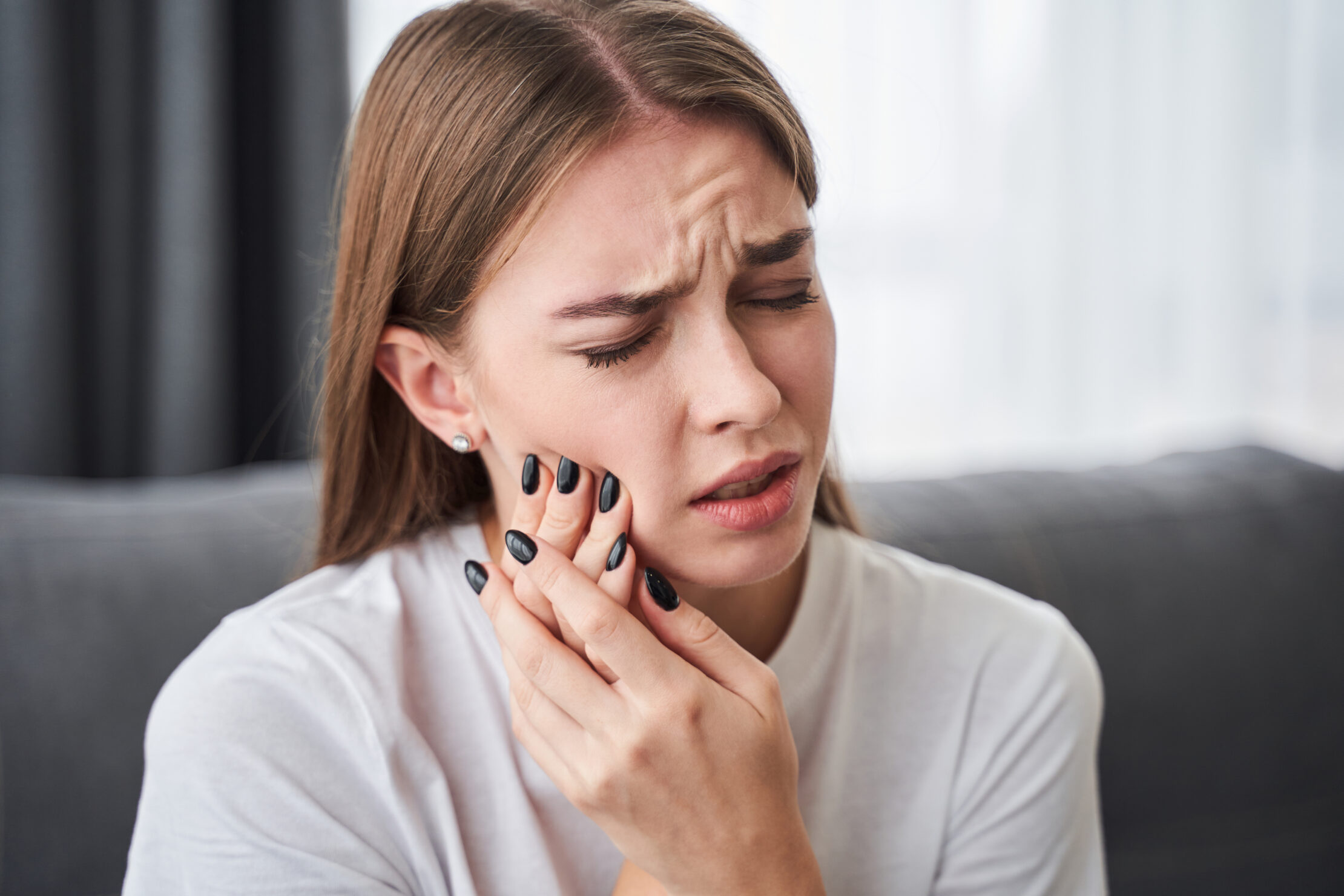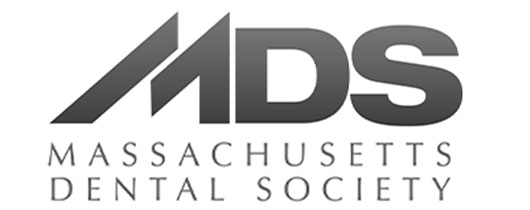When it comes to dental emergencies, time is of the essence. Dental emergencies can be painful, distressing, and potentially have long-lasting effects on your oral health if not addressed promptly. Knowing what to do in a dental emergency, including calling your dentist as the first thing to do, can make all the difference in saving a tooth, alleviating pain, and preventing further damage.
Dental emergencies can occur unexpectedly and in various forms. It’s essential to recognize the signs and symptoms of a dental emergency and seek immediate care when necessary. Dental emergencies can range from severe toothaches and abscesses to knocked-out or broken teeth. Understanding different types of dental emergencies and how to handle them can help you navigate these situations with confidence and take the necessary steps to protect your oral health.
In this blog, we will discuss the key highlights of emergency dental care, recognize the symptoms of dental emergencies, understand when to seek immediate care, explore the different types of dental emergencies, learn about first aid for dental emergencies, and highlight the importance of timely treatment for overall dental health. By the end of this blog, you will have a comprehensive understanding of emergency dental care and be better prepared to handle dental emergencies if they arise.
Recognizing a Dental Emergency
Recognizing a dental emergency is crucial in seeking timely care and preventing further complications. If you experience severe pain, uncontrolled bleeding, or swelling that cannot be managed, it is important to contact your dentist or visit the hospital emergency room immediately. Ignoring dental problems or delaying treatment can lead to more extensive damage and potentially life-threatening situations. It is always better to err on the side of caution and seek professional help when in doubt. Your dentist can assess your situation and provide the necessary care or refer you to an emergency dentist if needed. If you are experiencing a dental emergency, do not hesitate to seek a dental visit as soon as possible.
Types of Dental Emergencies
Dental emergencies cover a range of situations that demand immediate care. Recognizing various types of dental emergencies is crucial for seeking timely treatment to maintain oral health and prevent complications. Common dental emergencies include knocked-out teeth, broken or cracked teeth, dental abscesses, and the need for a root canal.
Knocked-Out Teeth
When a tooth is completely knocked out, immediate dental care is essential to increase the chances of saving the tooth. Here’s what you should do if you or someone you know has a knocked-out tooth:
- Locate the tooth immediately, if possible. Hold it by the crown (the part that is normally visible in the mouth) and avoid touching the root.
- If the tooth is dirty, rinse it gently with milk or saline solution. Do not scrub or remove any tissue fragments.
- Try to reinsert the tooth back into its socket, if possible. Hold it in place by gently biting down on a clean cloth or gauze.
- If reinsertion is not possible, place the tooth in a container with milk or saliva to keep it moist. A commercially available tooth preservation solution can also be used.
- Seek immediate dental care. The tooth has the best chance of being saved if it is re-implanted within the first hour.
It is important to handle a knocked-out tooth with care and seek professional help as soon as possible for the best outcome. Prompt dental care can increase the chances of saving the tooth and preventing further complications such as tooth decay or infection.
Severe Toothache and Abscesses
Severe toothaches can be debilitating and may indicate an underlying dental problem that requires immediate attention. One common cause of severe tooth pain is a tooth abscess. Here’s what you should know about tooth abscesses and how to handle them:
- A tooth abscess is a pocket of pus that forms due to a bacterial infection in the tooth or gums.
- Symptoms of a tooth abscess include severe pain, swelling, and sometimes a fever.
- If you suspect you have a tooth abscess, it is important to seek immediate dental care. Left untreated, an abscess can lead to a serious infection that can spread to other parts of the body.
- Your dentist may prescribe antibiotics to help control the infection and alleviate pain. They will also determine the appropriate treatment, which may include draining the abscess or performing a root canal.
Ignoring a severe toothache or abscess can lead to further complications and potentially life-threatening situations. Seeking immediate dental care is crucial in managing the pain and preventing the infection from spreading.
Broken or Cracked Teeth
Having a broken or cracked tooth can be a painful experience, and it requires immediate attention to prevent further damage. Here’s what you should do if you have a broken or cracked tooth:
- Rinse your mouth with warm water to clean the area and assess the damage. Look for any sharp edges, pain, or sensitivity.
- If you experience facial swelling due to trauma, apply a cold compress to the affected area to reduce swelling.
- Contact your dentist as soon as possible to schedule an appointment. They will assess the extent of the damage and recommend the appropriate treatment.
- If you have any broken tooth fragments, bring them with you to the dental appointment. In some cases, they may be able to reattach them to the tooth.
- Depending on the severity of the fracture, your dentist may recommend a dental crown, bonding, or other treatments to restore the tooth’s structure and function.
Prompt dental care can help alleviate pain, prevent further damage, and restore the appearance and function of your tooth. It is important not to ignore a broken or cracked tooth as it can lead to complications if left untreated.
First Aid for Dental Emergencies
Knowing how to administer first aid for dental emergencies can make a difference in saving a tooth or reducing pain and swelling. Here are some first-aid tips for common dental emergencies:
- Toothache: Floss carefully to remove any trapped food particles, rinse your mouth with warm saltwater, and take an over-the-counter pain reliever.
- Tooth trauma: Apply a cold compress to reduce swelling and contact a dental professional for immediate attention.
- Bitten or cut tongue, cheek, or lip: Wash the area gently, apply a moist gauze or towel to control bleeding, and use a cold compress to reduce swelling.
- Loose orthodontic wires or dental appliances: Contact your orthodontist for guidance on how to handle the situation and prevent further discomfort or injury.
Remember, these first-aid measures are temporary solutions and should not replace professional dental care. It is important to seek immediate attention from a dental professional for proper evaluation and treatment.
Professional Emergency Dental Services at Hassey Do Duy
Hassey Do Duy offers professional emergency dental services to address a wide range of dental emergencies. Our dedicated team of dental professionals is committed to providing immediate and specialized care to alleviate pain, prevent further damage, and preserve your oral health. We understand the urgency of dental emergencies and prioritize your comfort and well-being.
Contact Our Office Today
Our team at Hassey Do Duy strives to offer you prompt attention and relief. Whether you are suffering from a severe toothache, a knocked-out tooth, or a dental abscess, our skilled team is dedicated to providing you with everything you need for immediate relief. Do not endure the pain or increase the risk of complications; contact our team right away.




